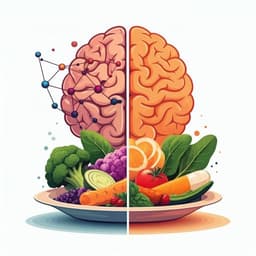
Medicine and Health
Wicked problems in a post-truth political economy: a dilemma for knowledge translation
M. Tieu, M. Lawless, et al.
Dive into the intriguing world of Knowledge Translation (KT) as Matthew Tieu, Michael Lawless, Sarah C. Hunter, Maria Alejandra Pinero de Plaza, Francis Darko, Alexandra Mudd, Lalit Yadav, and Alison Kitson explore how scientific evidence can be effectively utilized in a complex political landscape. This paper critiques KT's current state, emphasizing the importance of balancing cultural values and scientific integrity in our quest for informed public discourse.
~3 min • Beginner • English
Related Publications
Explore these studies to deepen your understanding of the subject.







